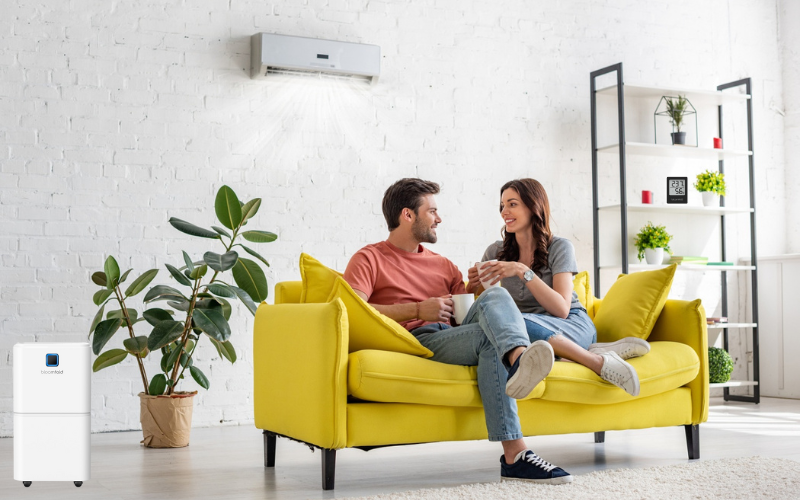Choosing the right hygrometer for your house is crucial for maintaining a healthy and comfortable inner environment. With a variety of options available, making the best choice may seem overwhelming. Here is an extensive guide to help you consider the essential factors when choosing a hygrometer.
Understand your needs
The first step when choosing the right hygrometer is to understand your specific needs. Do you want to monitor the humidity in a single room, several rooms or an entire house? If you have to keep the humidity in several rooms, consider purchasing multiple hygrometers or a model with multiple sensors. Also think of the environment that you want to monitor - for example, if you need a hygrometer for a greenhouse, wine cellar or children's room, there may be specialized models that are better suited for those circumstances.
Accuracy and reach
Accuracy is a crucial factor in choosing a hygrometer. Most digital hygrometers offer accuracy within ± 1-5%, which is generally sufficient for household use. Search for models that specify their accuracy levels and choose one that offers reliable measurements. The range of the humidity that the hygrometer can measure is also important. Make sure the device can measure the typical humidity levels that you expect in your home, usually between 20% and 90% relative humidity.
Digital vs. Analogue
Hygrometers come in both digital and analog formats. Digital hygrometers are more popular due to their ease of use, accurate measurements and extra functions such as temperature measurements, memory functions and alarms. Analog hygrometers, although less rich in functions, have a classic look and do not need batteries, which makes them a good choice for those who prefer simplicity and aesthetics over advanced functionality. Consider which type better matches your preferences and user requirements.
Extra functions
Modern hygrometers are often supplied with a series of extra functions that can improve their functionality. Some useful functions to consider are:
Temperature measurement: Many digital hygrometers also measure the temperature, which offers a more extensive image of your indoor climate.
Data log: With this function, the hygrometer can store humidity and temperature measurements over time, which can be useful for identifying trends and making adjustments.
Alarms and reports: Some models can warn you when the humidity levels fall outside a pre -set range, so that you can take action quickly.
Wireless connectivity: Hygrometers with wireless options can connect to your smartphone or home automation system, so that you can monitor and control remotely.
Ease of use and maintenance
Finally, consider the ease of use and maintenance of the hygrometer. Digital hygrometers usually require periodic battery changes, so check the battery life and the simplicity of replacement. Search for user -friendly interfaces with clear displays and simple controls. If you choose an analog hygrometer, make sure that it is easy to calibrate for accurate measurements. Reading assessments and checking product reviews can also provide insight into the reliability and user experience of different models.
Choosing the right hygrometer for your house includes understanding your needs, guaranteeing accuracy, deciding between digital and analog options, considering additional functions and assessing user -convenience and maintenance. By taking into account these factors, you can select a hygrometer that helps you maintain optimum humidity levels, which contributes to a healthier and more comfortable living environment. Whether you want to protect your health, keep your assets or improve the overall comfort of your home, a well -chosen hygrometer is a valuable investment.








Leave a comment
This site is protected by hCaptcha and the hCaptcha Privacy Policy and Terms of Service apply.